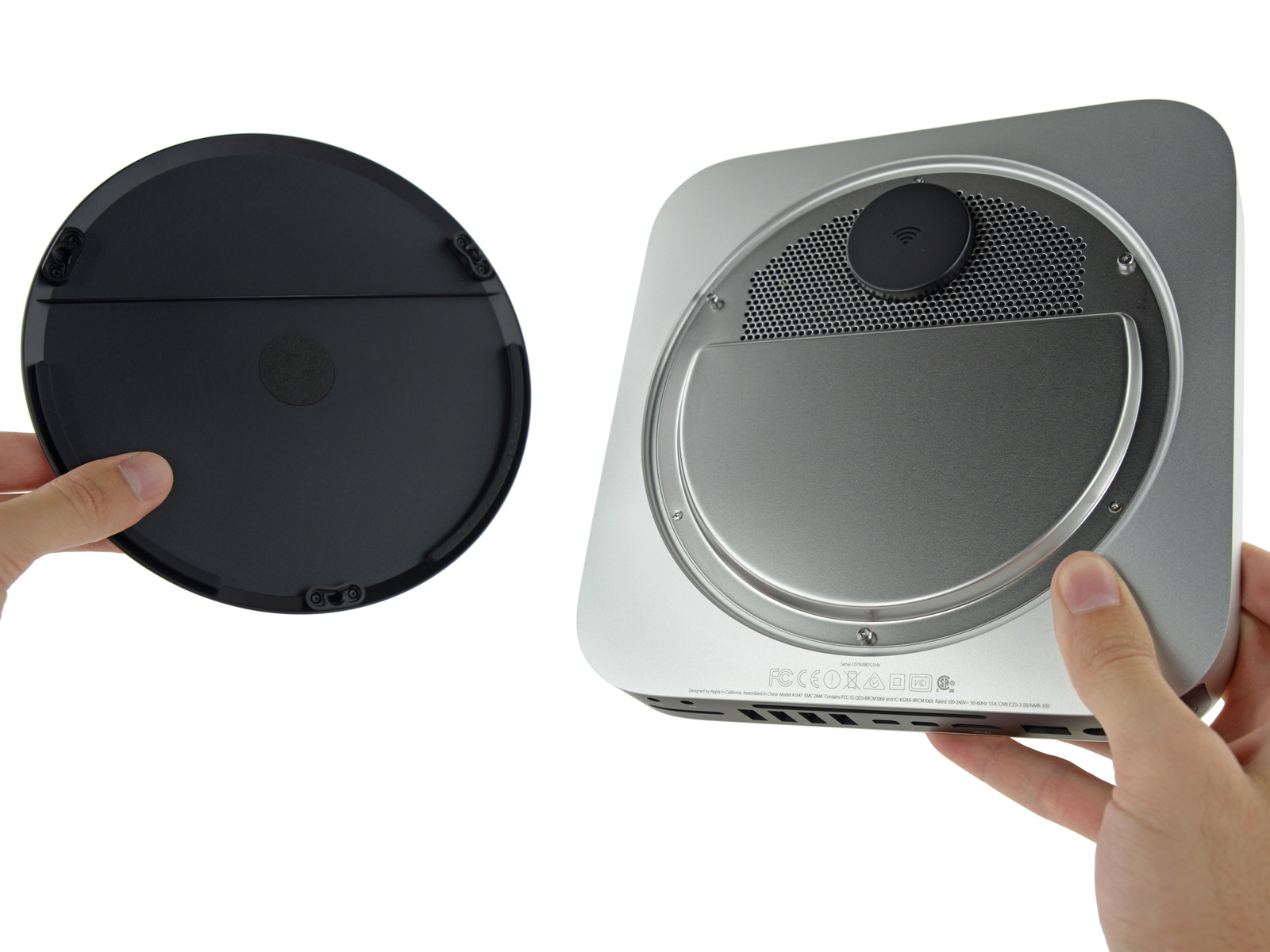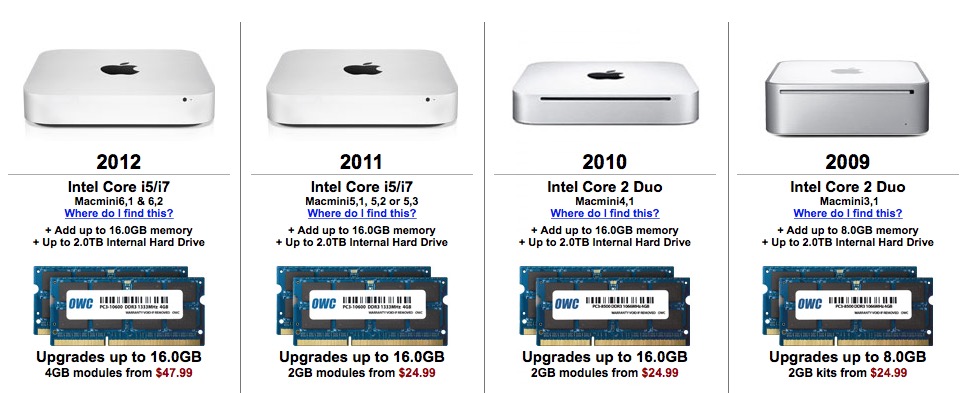


But for the life of me I can't remember when a part failed due to static in the last decade or even longer. Little conductive wrist band connected to steel desk, carbon coated conductive foam to work on and so on. I remember when CMOS was new and static really did damage just about every part you handled if you weren't careful. Don't want to get into a big slippery slope argument here but for a manufacturer to act as if soldering parts is imperative and unavoidable to me has a high burden of proof. But the soldering of parts still sucks, and even if it's got a small impact, it goes against some of the principles I think we should be cautious with to throw out.

And I agree that a lot of people who want to upgrade after 5 years probably will just want a new machine. I mean I agree with your point completely in that it's not the end of the world. Saying soldering RAM is fine because you can just max out your ram when you don't need it, paying a high price to do so, because you will need it a few years later, instead of simply buying some a few years later for much less, just sucks. Multiple people have posted in this thread they were fine with 1-2 GB in 2009, and are happy to upgrade to 4-8gb today, but wouldn't have had the money or even the need for 4-8gb 5 years ago.Īnd the Mac Mini just removed that option, one of the cool things about PCs that we'd all love to see in laptops and phones: modular hardware we can switch out, increasing the lifespan of hardware, reducing costs and giving users autonomy over their own machines. The point is that you essentially have a group of people who are 100% content using 50% of the max RAM cap today and for the next 3 years and aren't looking to dump hundreds of dollars extra to cap it out, but are perfectly happy to pay just $50-100 to upgrade their ram 4 years later when software requirements necessitate it for them.


 0 kommentar(er)
0 kommentar(er)
